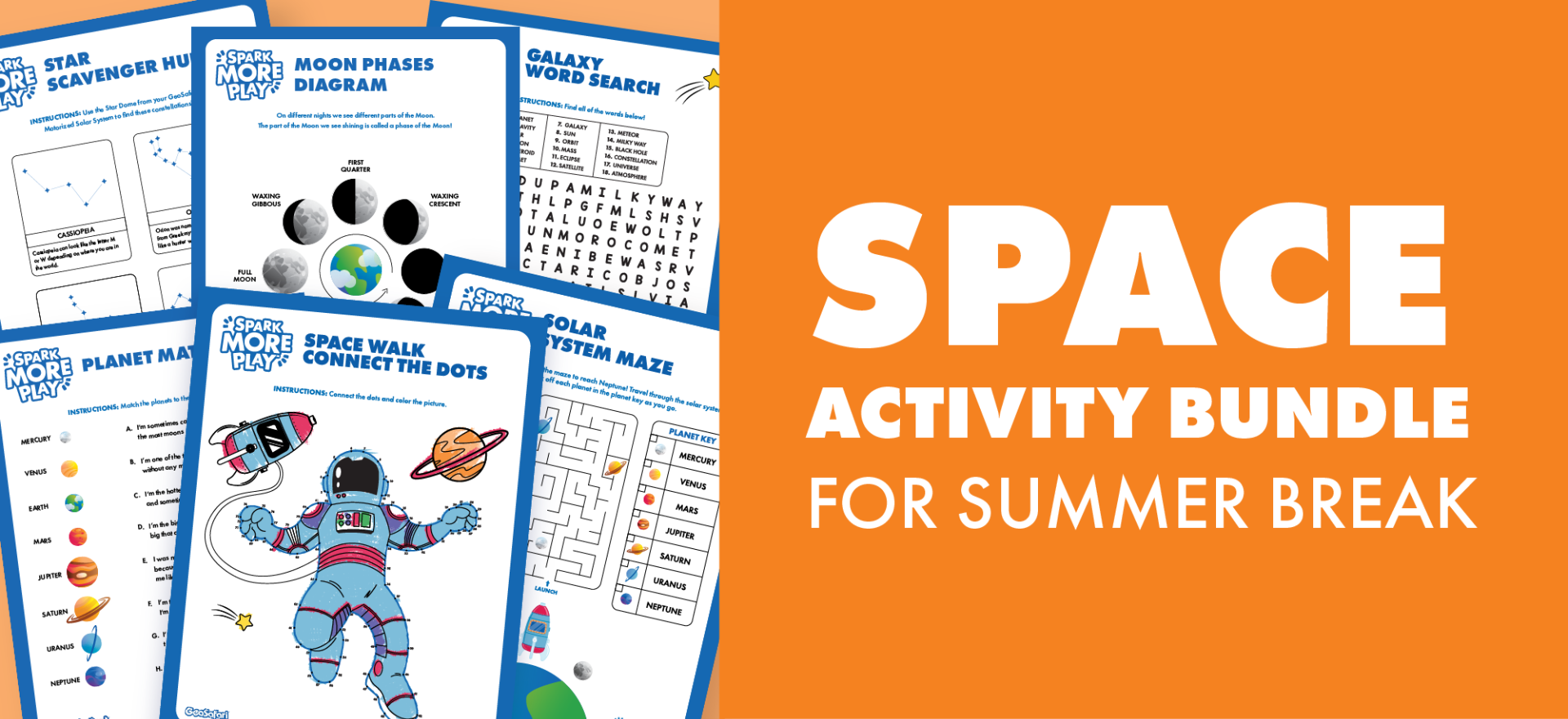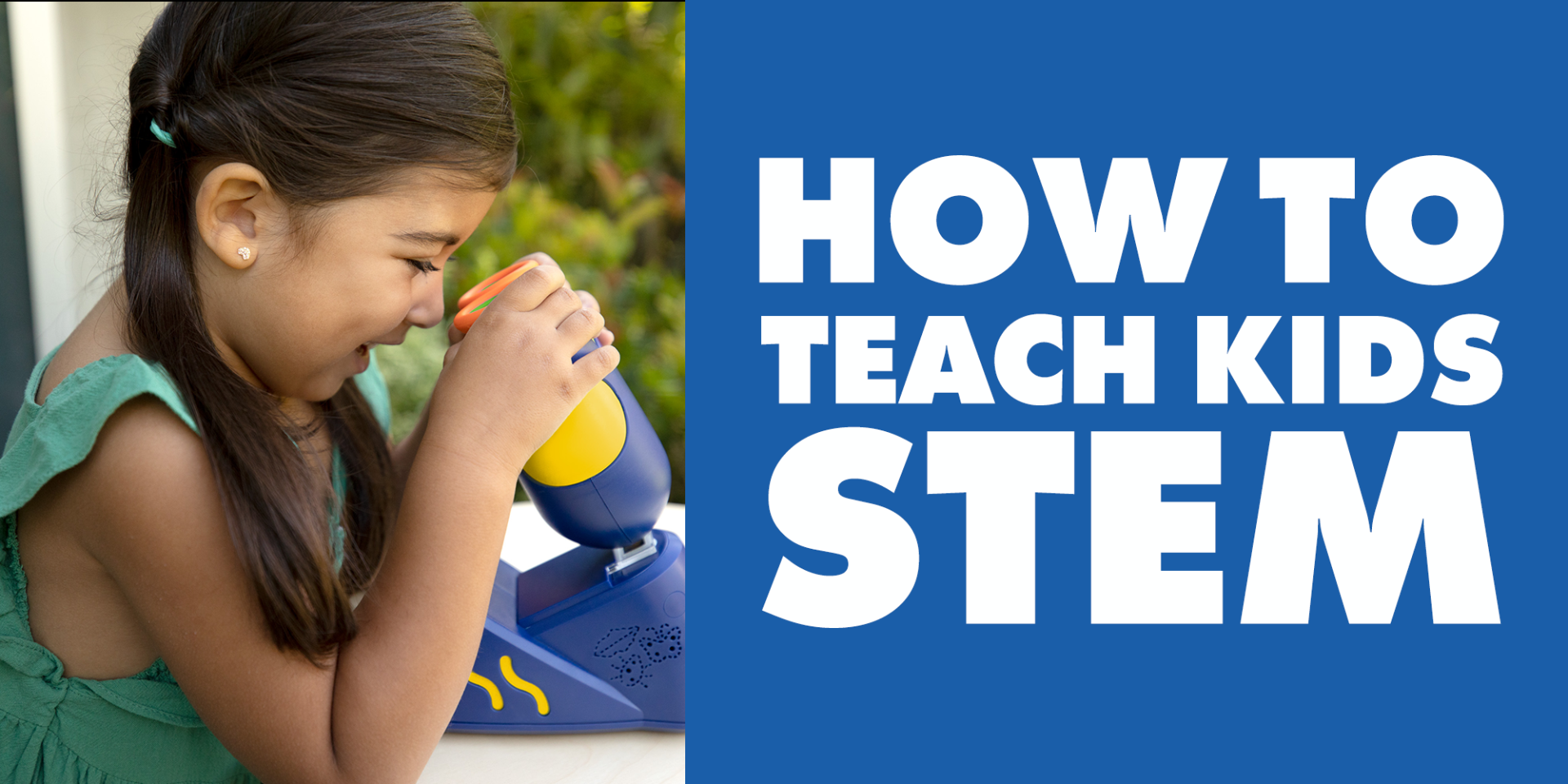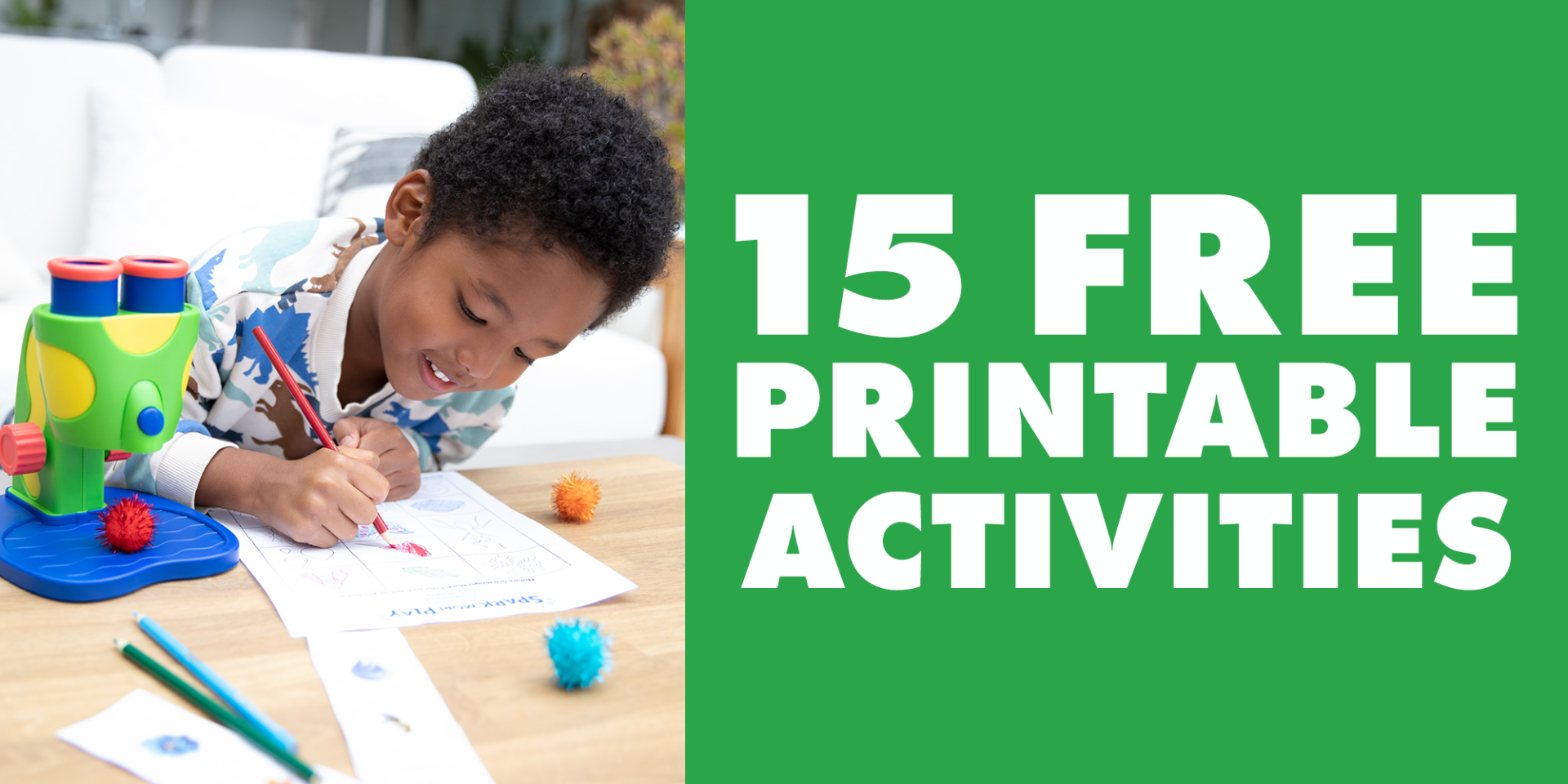
You know reading is important, but you may not know just how far the benefits of reading extend. Beginning in infancy and extending through the teen years, reading to your child, encouraging your child to read on their own, and listening to your child read aloud to you has an incredible impact on their future success, both academically and emotionally. Plus, it’s fun!
Why Read TO Your Child?
When you read out loud, you’re modeling the smooth flow of language, which is key to fluency. Odds are you’re “doing the voices”, which helps your child transition from one character to another and follow along with the story. You’re probably also adding emotion and expression to your readings, which provides context for new words, helps children interpret the tone of the story, and keeps them interested and engaged for longer. All of these pieces add up to a kiddo who enters school with the ability to understand instruction and follow directions, has a better ability to focus and concentration, demonstrates enhanced speech and language skills, and has a larger vocabulary, which has a proven effect on academic success. Developmental benefits aside, reading together is also a great way to strengthen your relationship with cozy, focused time for just you two!It may be tempting to stop reading aloud once your kiddo learns to read, but don’t! Reading aloud to your older child continues to build vocabulary and enhance listening and comprehension skills. Reading to your younger child also lets them enjoy stories that may be too difficult for them to read themselves. Reading with tweens and teens affords parents an opportunity to work through mature scenarios together and provides a contrast to the sometimes dull texts they read at school, reminding them that reading should be fun!
Why Encourage Your Child to Read on Their Own?
Reading is a more complex task than watching TV or playing games on the iPad. In fact, reading actually builds new neural connections (this may be why you never see kids staring at the pages of their books with glossy eyes and a dazed look on their faces). Books can also expose kids to new ideas, cultures, and peoples, broadening their worlds and encouraging empathy. Plus, practice makes perfect, so the more they read, the better they get, and research indicates that better readers get better grades. Perhaps most importantly, though, reading can help kids learn to express themselves without getting flustered or frustrated, building confidence and a strong self-image.
Why Ask Your Child to Read to You?

Reading out loud is different than reading to yourself. Where you can gloss over unknown or tricky words or phrases in your head, reading aloud requires fluency and smoothness and the more you do it, the better you get. Expressive reading – doing the voices and adding appropriate intonation – requires kids to really understand what’s happening in a story and with the characters so that they know which emotions to communicate. This means they must fully comprehending the material – an important skill for studying and learning.No matter their age, make sure you are building reading time into your child’s day each and every day. And don’t forget to model reading as a fulfilling hobby yourself. ‘Scuse us while we grab a book and a cup of tea!

 You know reading is important, but you may not know just how far the benefits of reading extend. Beginning in infancy and extending through the teen years, reading to your child, encouraging your child to read on their own, and listening to your child read aloud to you has an incredible impact on their future success, both academically and emotionally. Plus, it’s fun!
You know reading is important, but you may not know just how far the benefits of reading extend. Beginning in infancy and extending through the teen years, reading to your child, encouraging your child to read on their own, and listening to your child read aloud to you has an incredible impact on their future success, both academically and emotionally. Plus, it’s fun! Reading out loud is different than reading to yourself. Where you can gloss over unknown or tricky words or phrases in your head, reading aloud requires fluency and smoothness and the more you do it, the better you get. Expressive reading – doing the voices and adding appropriate intonation – requires kids to really understand what’s happening in a story and with the characters so that they know which emotions to communicate. This means they must fully comprehending the material – an important skill for studying and learning.No matter their age, make sure you are building reading time into your child’s day each and every day. And don’t forget to model reading as a fulfilling hobby yourself. ‘Scuse us while we grab a book and a cup of tea!
Reading out loud is different than reading to yourself. Where you can gloss over unknown or tricky words or phrases in your head, reading aloud requires fluency and smoothness and the more you do it, the better you get. Expressive reading – doing the voices and adding appropriate intonation – requires kids to really understand what’s happening in a story and with the characters so that they know which emotions to communicate. This means they must fully comprehending the material – an important skill for studying and learning.No matter their age, make sure you are building reading time into your child’s day each and every day. And don’t forget to model reading as a fulfilling hobby yourself. ‘Scuse us while we grab a book and a cup of tea!  Shop UK Site
Shop UK Site 














